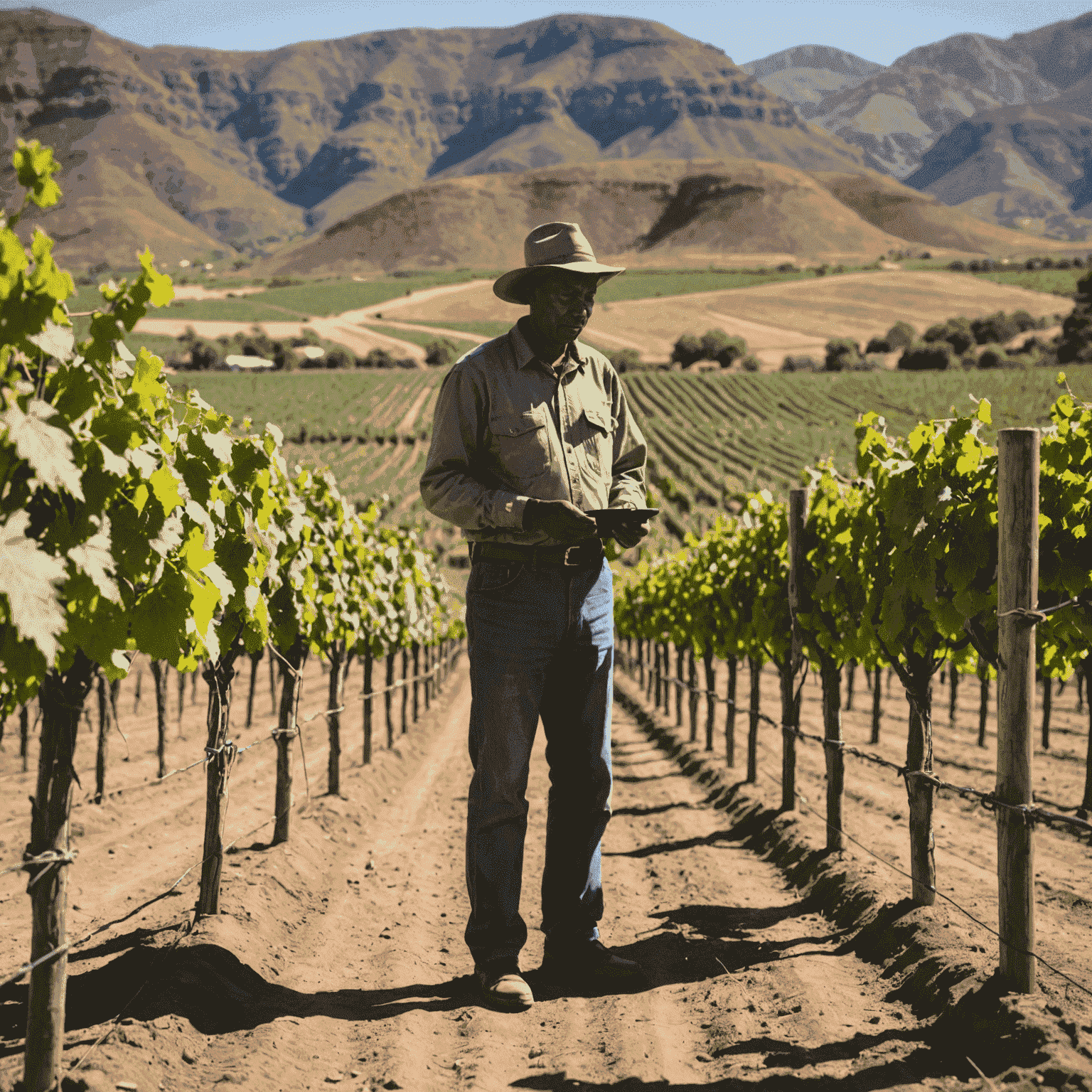The Impact of Climate Change on South African Agriculture

Climate change is rapidly emerging as one of the most significant challenges facing South African agriculture, threatening food security and the livelihoods of millions. This article explores the multifaceted impacts of climate change on farming practices and crop yields in South Africa, highlighting the urgent need for adaptation strategies.
Changing Weather Patterns
South African farmers are grappling with increasingly unpredictable weather patterns. Prolonged droughts, interspersed with periods of intense rainfall, are becoming more common. These extreme weather events are disrupting traditional planting and harvesting schedules, leading to reduced crop yields and increased vulnerability for farmers.
Water Scarcity
As temperatures rise and rainfall becomes more erratic, water scarcity is becoming a critical issue for South African agriculture. Many regions are experiencing reduced water availability for irrigation, forcing farmers to adapt their water management practices or switch to more drought-resistant crops.

Shifting Crop Suitability
Climate change is altering the suitability of certain regions for specific crops. Areas that were once ideal for particular crops may become less suitable, while new opportunities may arise in previously unsuitable areas. This shift is requiring farmers to reconsider their crop choices and adapt their farming practices accordingly.
Increased Pest and Disease Pressure
Warmer temperatures and changing humidity levels are creating favorable conditions for pests and diseases to thrive and spread. South African farmers are facing new challenges in pest and disease management, often requiring increased use of pesticides or the development of more resistant crop varieties.
Economic Implications
The impacts of climate change on agriculture extend beyond the farm gate. Reduced yields and crop failures can lead to price volatility in agricultural markets, affecting both farmers' incomes and food prices for consumers. This volatility underscores the need for robust financial planning and risk management strategies in the agricultural sector.

Adaptation Strategies
In response to these challenges, South African farmers and agricultural researchers are developing and implementing various adaptation strategies. These include:
- Developing and adopting drought-resistant crop varieties
- Implementing water-efficient irrigation systems
- Diversifying crop portfolios to spread risk
- Adopting conservation agriculture practices to improve soil health and water retention
- Utilizing climate-smart technologies for more precise farming
The Role of Financial Planning
As the agricultural landscape becomes more uncertain due to climate change, the importance of sound financial planning for farmers cannot be overstated. Farmers need to consider long-term strategies that account for potential climate risks, including diversifying income sources, investing in climate-resilient infrastructure, and exploring crop insurance options.
Conclusion
The impact of climate change on South African agriculture is profound and multifaceted. While the challenges are significant, they also present opportunities for innovation and adaptation. By embracing climate-smart agricultural practices, investing in research and development, and prioritizing financial planning and risk management, South African farmers can build resilience and ensure the sustainability of their operations in the face of climate change.
As we move forward, it's crucial for all stakeholders - from farmers and researchers to policymakers and financial advisors - to work together in addressing this complex issue. Only through collaborative efforts can we hope to secure the future of South African agriculture in a changing climate.